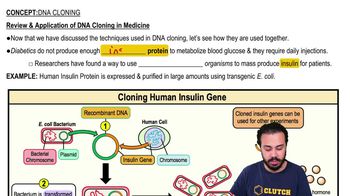Which of the following is the most important element of Koch’s germ theory of disease? The animal shows disease symptoms when
a. the animal has been in contact with a sick animal.
b. the animal has a lowered resistance.
c. a microorganism is observed in the animal.
d. a microorganism is inoculated into the animal.
e. microorganisms can be cultured from the animal.




